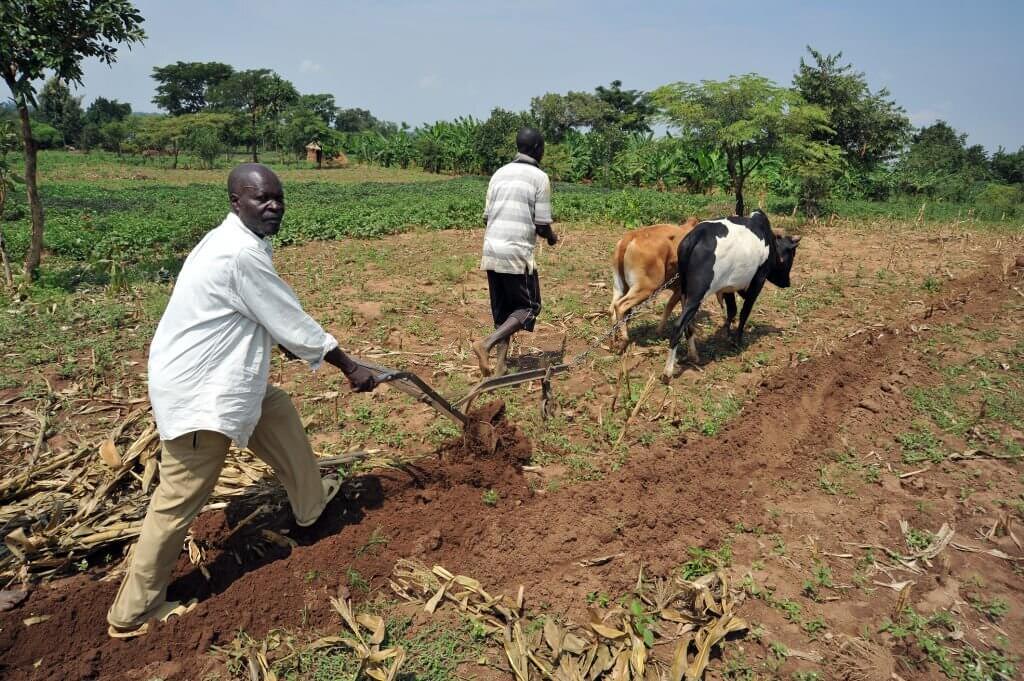The Nigerian agricultural sector is yet to make full use of the latest agricultural technologies with regards to achieving increased productivity and growth, despite being the biggest employer of labour, and a major contributor to the total Gross Domestic Product (GDP) of the Nigerian economy.

The agricultural sector has been established as one among the many important sectors of the world, following how some continents and countries unlike the African continent and Nigeria, have been able to change their perceptions and approaches towards achieving growth and increased productivity in the sector over time.
The agricultural sector is blessed with enormous untapped opportunities compared to the other sectors of the world, as new industries, including the food processing, biotechnology, farm machinery, and agrochemical industries are being established on different occasions, with the aim of promoting food security, while also keeping the environment safe.
However, the African continent is yet to unlock most of these untapped potentials in the agricultural space, although 80% of the African population are reportedly working in the agricultural sector.
And so, while the economies of other continents and nations are enjoying the benefits of innovative agriculture, the African continent and Nigeria are yet to move from old to modern approaches towards achieving growth in the sector.

According to a report by Food and Agricultural Organization (FAO), the agricultural sector of Nigeria contributed about 22.35% of the total gross domestic product (GDP) between January and March of 2021, and over 70% of Nigerians are working in the agricultural sector mainly at a subsistence level.
However, despite the contribution to the economic growth of the country, Nigeria’s agriculture is yet to achieve increased productivity, and also compete favorably in the international market.
The country’s agricultural sector faces many challenges, including low level of irrigation, climate change, low technology, poor access to markets, poor land tenure system, amongst others.
These lingering issues have kept the agricultural sector of the country at the lowest stages of growth, and can only be dealt with if the Nigerian government, farmers and other important organizations are able to change their methods of contributing to the growth of the agricultural sector.
A fundamental change from what we knew and did in the past, to what we should know and start doing in the agricultural sector of Nigeria, is needed in order to achieve not just a high contribution to the total GDP of the economy, but also, help the sector to compete favorably in the international market.
